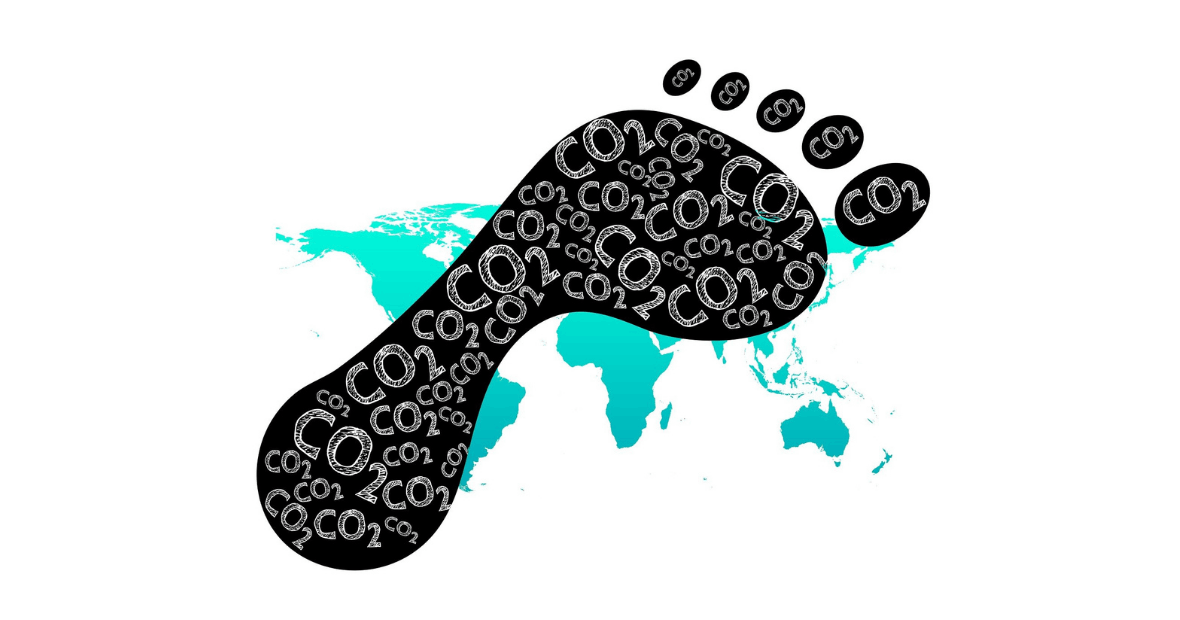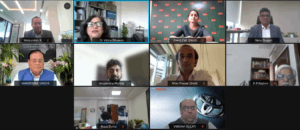Industry leaders discuss the urgency to drive decarbonization agenda
By EPR Magazine Editorial August 11, 2021 6:31 pm IST
By EPR Magazine Editorial August 11, 2021 6:31 pm IST

The leaders highlighted the importance of the deployment of emerging technologies, innovation and support to MSMEs for driving the industry transitions.
The Energy and Resources Institute (TERI) hosted a roundtable webinar on Urgency to drive decarbonization agenda. Indian CEOs discussed and shared the practitioners perspective on the topic.
The panelists discussed the role of strong leadership and robust targets at the government and industry levels, decoupling energy demand with GDP, building capacities for Indian industry and aligning the manufacturing goals with the Make in India vision.
They highlighted the importance of the deployment of emerging technologies, innovation and support to MSMEs for driving the industry transitions. They also stressed on structural reforms in the power sector and the framework of fossil fuel subsidies.
 The panelists were CEOs from TATA Consulting Engineers, Hitachi ABB Power Grids, Siemens, Toyota Kirloskar Motors, L&T Howden among many others. The global perspective was provided by senior representatives of the Energy Transitions Commission, We Mean Business Coalition and Children’s Investment Fund Foundation.
The panelists were CEOs from TATA Consulting Engineers, Hitachi ABB Power Grids, Siemens, Toyota Kirloskar Motors, L&T Howden among many others. The global perspective was provided by senior representatives of the Energy Transitions Commission, We Mean Business Coalition and Children’s Investment Fund Foundation.
“Advocacy would play a key role and also we need to think about what can be done in a collaborative way for pushing more energy transition, e-mobility, and carbon capture, utilization and storage,” said Mahendra Singhi, MD & CEO, Dalmia Cement (Bharat) Ltd.
Nitin Prasad, CEO, Shell India, stressed the urgency and a need of timelines for decarbonization. There is a number we need to get to for net-zero and the only question is how fast do we get there.”
Amit Sharma, MD of Tata Consulting Engineers reiterated that importance of material circularity to be integral part of industrial roadmap especially for cement, steel, automotative to chemicals. Rethink, Rewire and Realign processes to be used to connect the old and the new by leveraging artificial intelligence (AI technologies), digital platforms and Industry 4.0 approaches for designing low carbon pathways.
Deliveringthe special remarks, Rupa Dutta, Senior Economic Adviser, Department of Promotion of Industry and Internal Trade, Ministry of Commerce & Industry, Govt of India, emphasized the role of efficient technologies, renewable energy, and material circularity for green and inclusive manufacturing as the government has launched Production-linked Incentive Scheme for 13 key sectors.
In her remarks, Dr Vibha Dhawan, Director General, TERI, said that the industry charter has emerged as a platform for leadership and for driving action to decarbonise industry sectors in a coordinated and integrated manner.“I personally feel that we are left with no alternative than to move towards near-zero emissions as we are already witnessing extremes of temperature, precipitation, and even diseases to some extent, at the global level,” she said.
We use cookies to personalize your experience. By continuing to visit this website you agree to our Terms & Conditions, Privacy Policy and Cookie Policy.